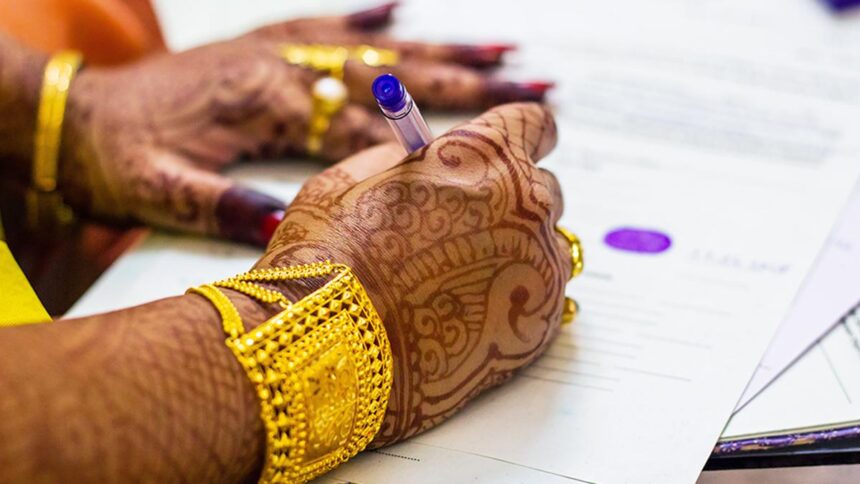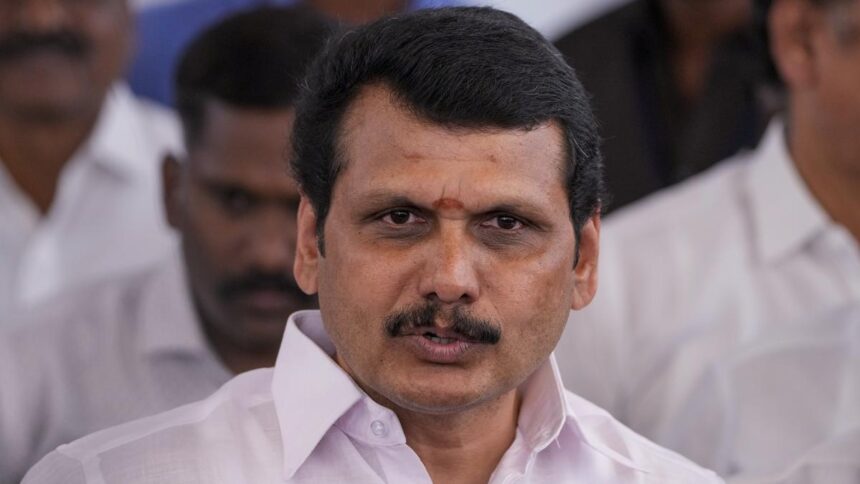
Image used for representation purpose only.
| Photo Credit: Getty Images/iStockphoto
A child’s anxiety over separation from his mother stirred the Supreme Court into reviewing its own judgement in a custody case.
A 2024 judgment of the apex court had confirmed a Kerala High Court decision to shift the custody of the child permanently from the mother to the biological father. The mother had remarried after the couple’s divorce over a decade ago, and was lately intending to move abroad.
The father had moved the High Court, seeking custody of the child. The High Court concluded the move abroad would upend the 12-year-old boy’s stable life, and he ought to stay back in India with his father. The apex court had confirmed the High Court decision on appeal.
Seeking a review of the judgment, the mother, represented by senior advocate Liz Mathew and advocate Vishnu Sharma A.S., said she had been the primary caregiver of the child since his infancy. The boy had hardly known his father. They had met only during occasional visits over the years.
The mother submitted the child had been deeply impacted by the apex court’s judgment. He had since been exhibiting “anxiety and fears, with a high risk for separation anxiety disorder”. She produced evaluation reports from the Christian Medical College, Vellore, to this effect. Ms. Mathew argued the new evidence about the mental condition of the child was a compelling circumstance to entertain the review petition and set aside the judgment.
In an open court hearing, which was itself a rare occurrence, a Bench headed by Justice Vikram Nath agreed with Ms. Mathew. The Court concluded its judgment did indeed have a “calamitous effect” on the mental health of the boy.
The Court said the welfare and best interests of the child were the paramount considerations in a custody battle case.
Justice Nath, who authored the judgement, acknowledged the child had been in the exclusive care of the mother since infancy. “He finds refuge in the mother’s arms and finds her presence calming,” the Judge noted. The Court said the stepfather had also provided a “shield of affection” for the child.
“The minor child in question is presently 12 years old and at the cusp of adolescence. The factors defining the best interests of a child are multiple and range from quality education, a nurturing family environment, healthy worldly experiences, provision of basic amenities of life, meeting of financial requirements, access to a friendly social system to imparting of spiritual and cultural learnings. The list is naturally not an exhaustive one. However, the essential feature is that a secure, supportive and loving family forms the bedrock of a healthy childhood,” the Court said.
Granting the biological father visitation rights, the Court said he must not make any crude remarks to the child which may impact the latter’s well-being. “A father-son relation can only be fostered patiently over the course of years,” Justice Nath observed.
Published – July 17, 2025 04:19 pm IST




















